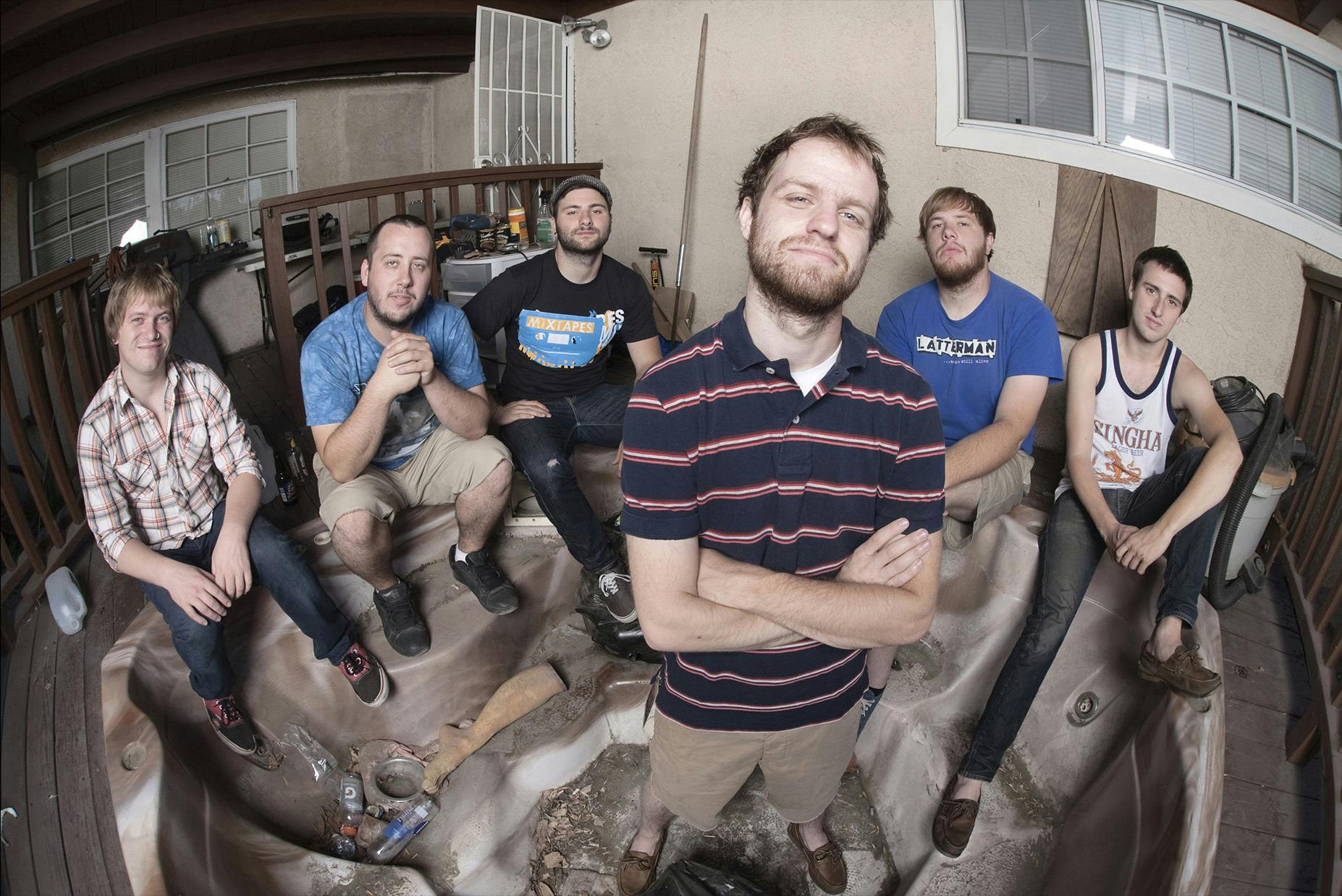The following track, We Could Die Like This, spoke from a working class perspective. Again, something rarely heard in pop-punk. It aspired to a simple life and referenced a city’s struggle with their local sports team in one of its most memorable passages (‘We watched the ‘92 birds take the field without Jerome Brown’). As an Arsenal fan, few things speak to me like the crushing heartbreak that comes with emotionally investing in a doomed team! The Bastards, The Vultures, The Wolves, struck a chord too, with its depiction of an angry kid fighting for what he believes is right.
I could find parallels with my own life all over the album, but the song that solidified my love was one I didn’t see myself in the narrative of at all. The Devil In My Bloodstream is the story of our narrator attending his grandfather’s funeral and finding out more about him as he reads through memoirs. Soupy ends up comparing himself to the late war hero, declaring: ‘I bet I’d be a fucking coward / I bet I’d never have the guts for war’ during the song’s apex, wondering if he’d ever be able to live up to such a legacy. It’s a brief but telling insight into the struggle with masculinity that subtly defines so much of the album.
I didn’t know it at the time, but I was in the midst of my own battle with the idea of what ‘being a man’ is supposed to be. Having been on course to be the first university graduate in my family, I dropped out of school in sixth form, when I realised that studying Philosophy for three years wasn’t how I wanted to spend my time. It’s a decision I’ve always been confident in, but at the same time I know how much the idea of getting a good education meant to my mum. All I wanted was to be the son that grew into a man she could be proud of. But here I was: working a crappy job, usually waking her up when I got home at five in the morning and – at least in my mind at the time – giving her very little to take pride in. That pressure was weighing heavily on me, and I’d never heard it addressed or articulated so well in song before.
